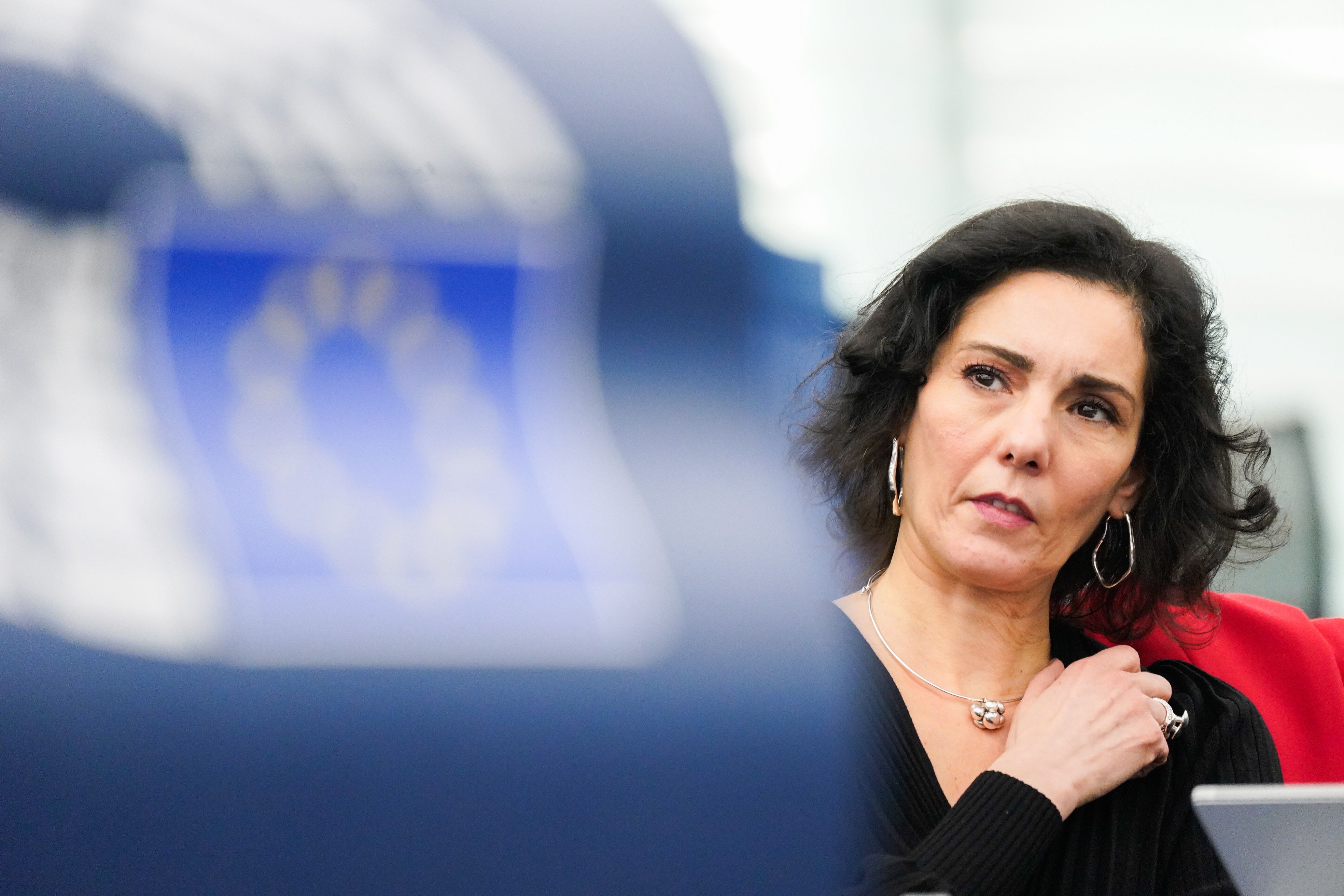Can Hadja Lahbib secure her spot as EU Commissioner?

This week, Belgium’s outgoing foreign minister Hadja Lahbib will face the European Parliament’s vetting process for her proposed role as Commissioner for Preparedness and Crisis Management, and Equality. Although 26 candidates are lined up for hearings, Lahbib is widely seen as one of the more vulnerable nominees. Past controversies and political factors threaten to derail her bid.
The hearings, which span from 4 to 12 November, are often seen as an “oral exam” designed to test each candidate’s expertise, neutrality, and alignment with European interests. Each candidate has prepared rigorously over the past weeks, with guidance from European Commission staff.
Lahbib’s hearing on Wednesday could bring questions on pressing European crises, such as recent flooding in Spain and other parts of Europe. However, she may also face pointed inquiries about her own controversial personal and political history.
Her Russian-sponsored 2022 visit to Crimea (she was a journalist at the time), for example, raised eyebrows in Europe, as the territory is internationally recognised as occupied by Russia. Additionally, Lahbib was involved in a visa controversy when she approved entry for Iranian diplomats, a decision that sparked backlash amid tensions with Iran over security and human rights.
Lahbib’s candidacy might furthermore become a pawn in a larger political game. The European People’s Party (EPP), the Parliament’s largest faction, holds significant power over the hearings and could leverage its position to influence the outcome. If Lahbib’s responses do not inspire confidence, coordinators could opt for a follow-up hearing. This would mean Lahbib would face a second examination a week later - a scenario that could make the process drag on much longer and could result in a larger scope for politicking.
Lahbib is not the only candidate facing scrutiny. Hungarian nominee Oliver Varhelyi and Italian nominee Raffaele Fitto are also in challenging positions, with criticisms tied to their national leaders and political orientations. Varhelyi has been accused of favouring Hungarian prime minister Viktor Orban over EU interests, while Fitto’s close alignment with Italy’s far-right government has raised concerns about his role in the Commission.
Hadja Lahbib © BELGA PHOTO BENOIT DOPPAGNE